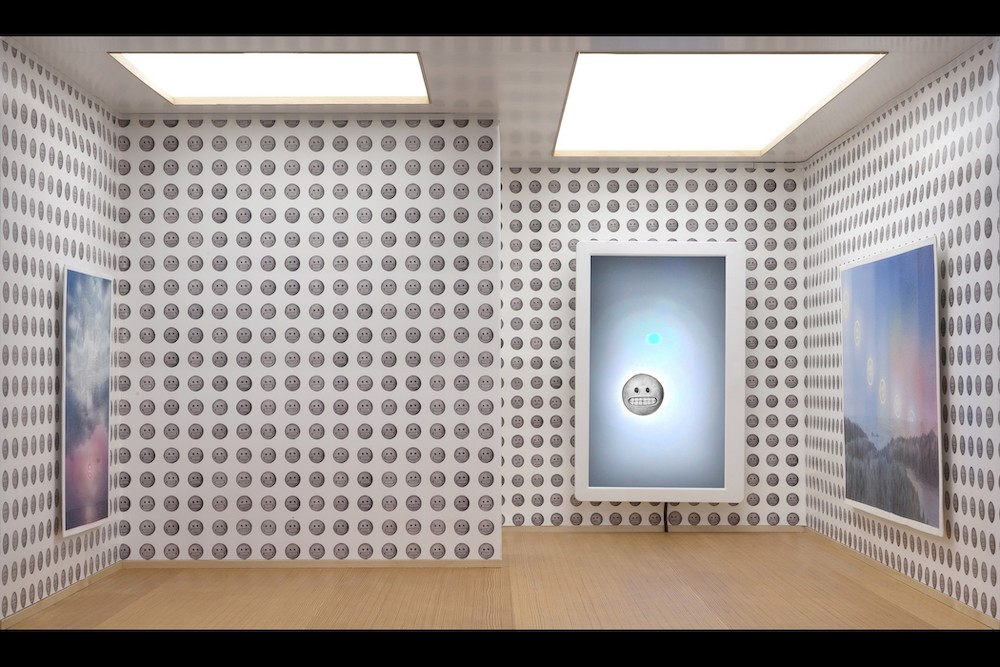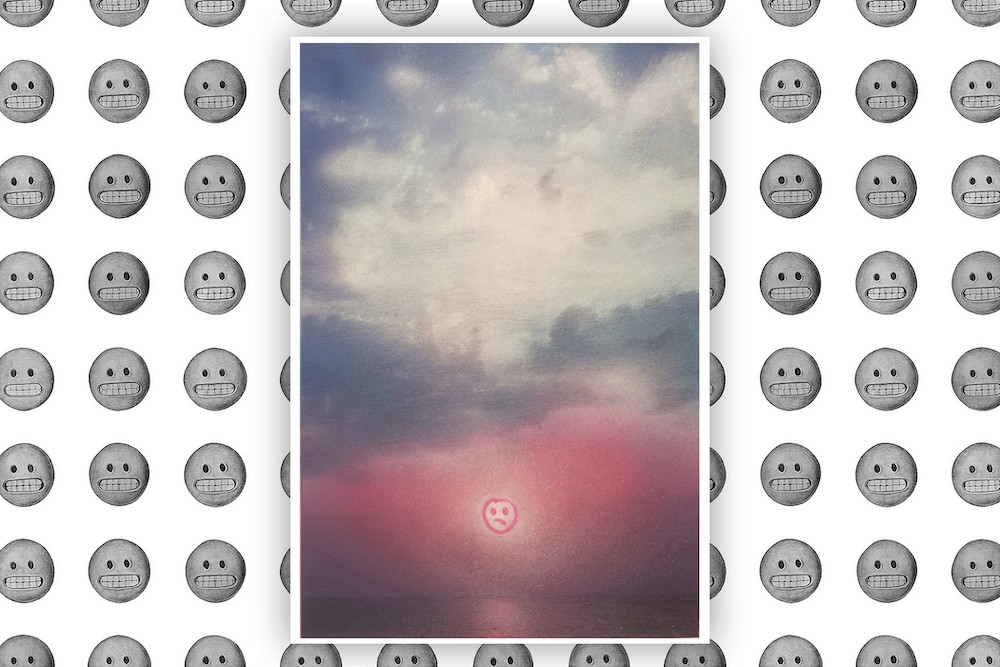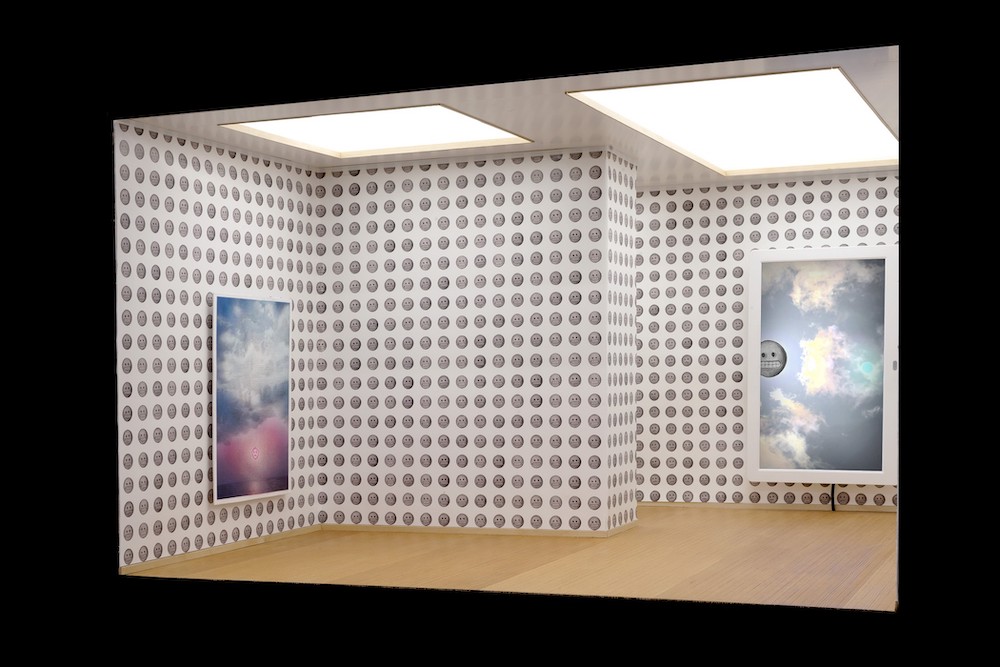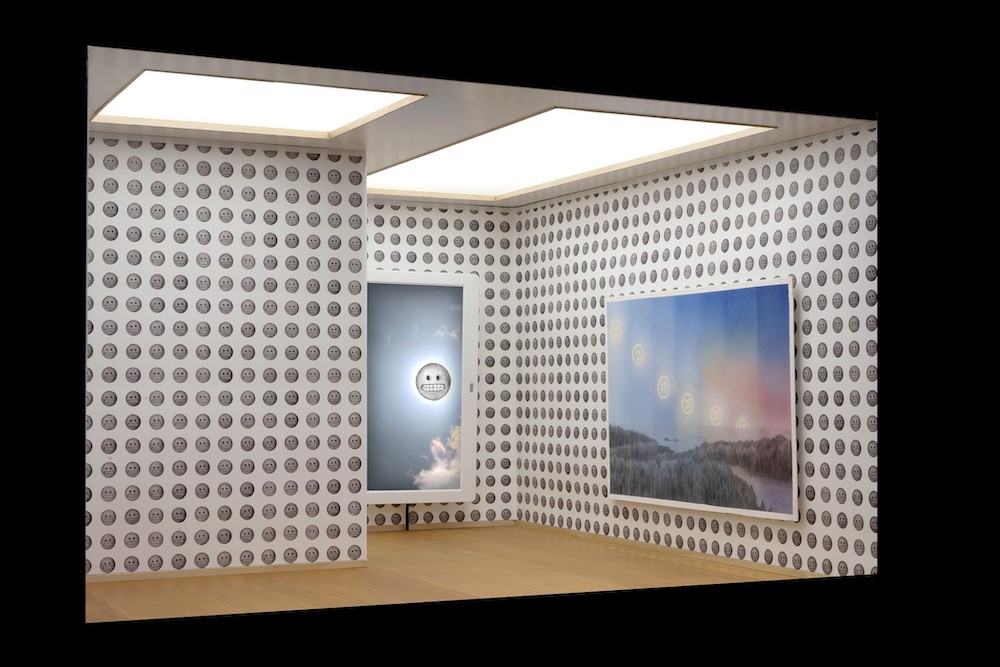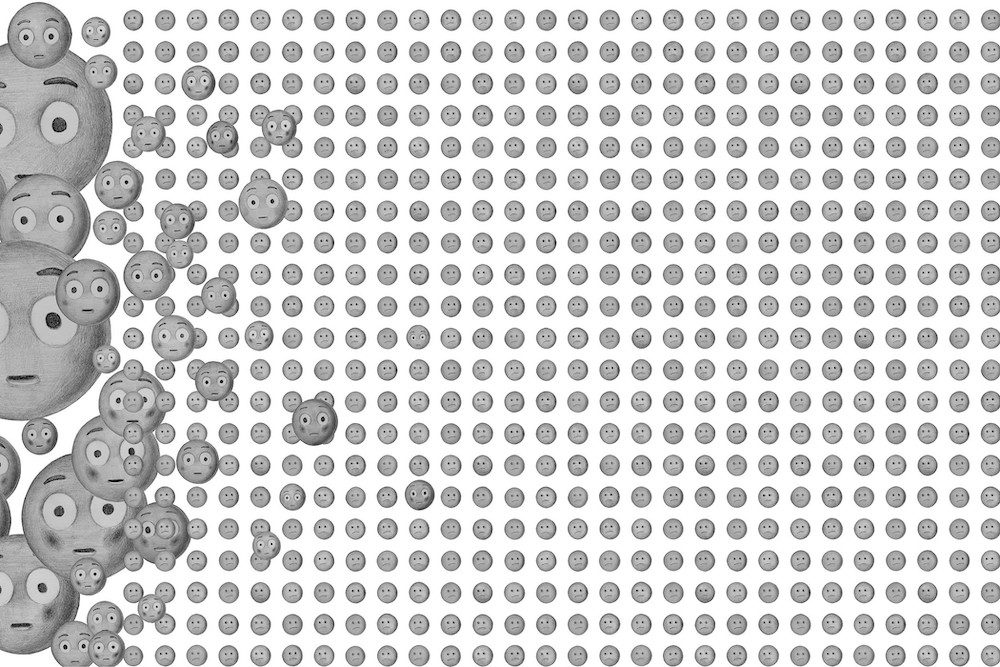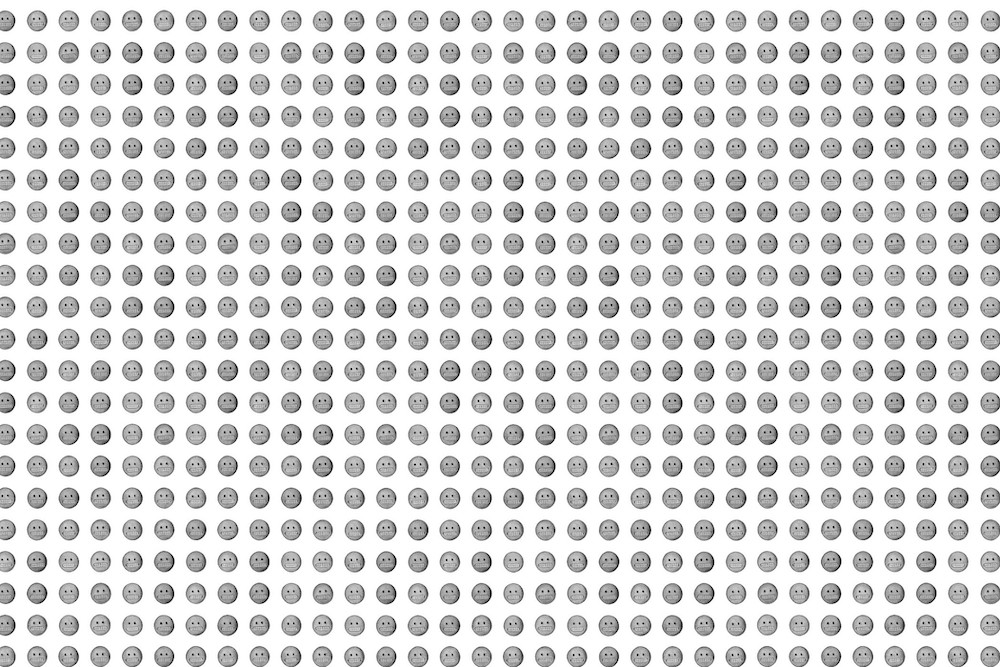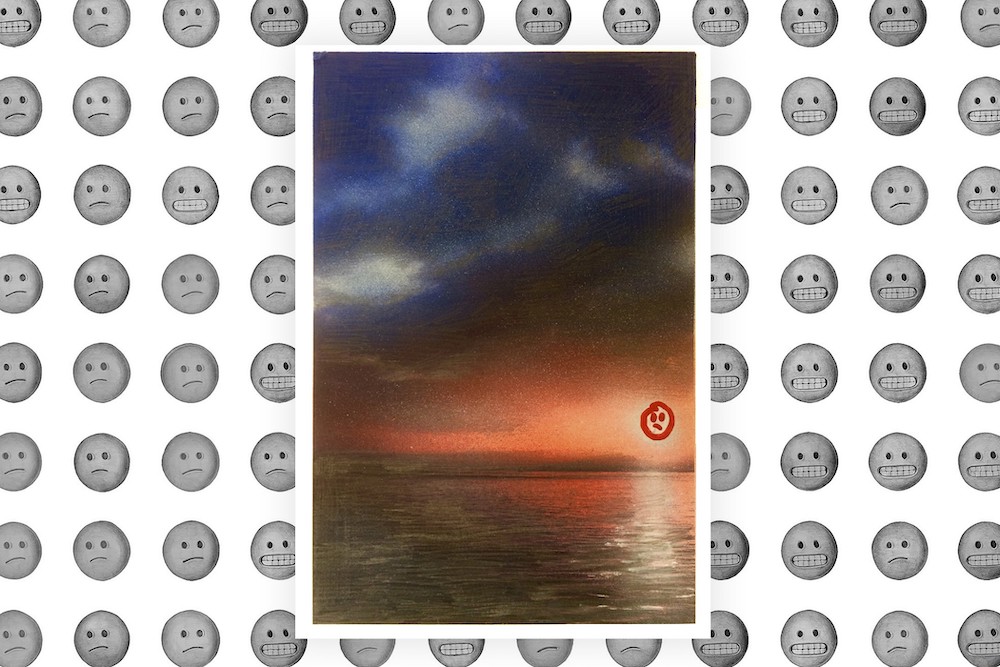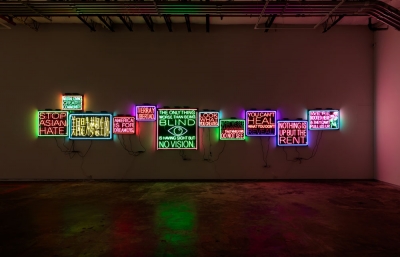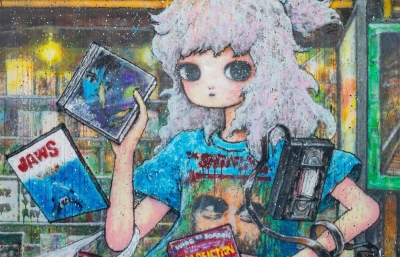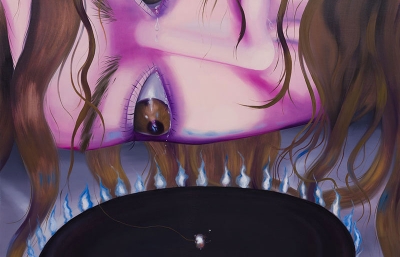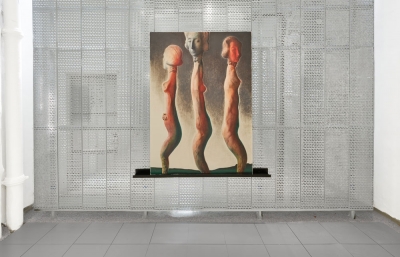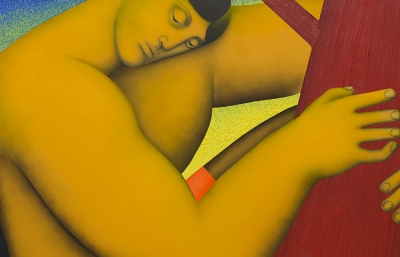How does a museum or gallery present art as a form of education, enjoyment and self-expression in 2020, and probably beyond? We recently wrote about the flexibility and potential of miniature art venues, and only a few days later, following the work of Greek artist Paraskevi Frasiola, happily discovered her at the Pitcairn Museum of Contemporary Art in the northern Dutch city of Groningen, self described as "a small museum for big ideas” where the size of the building allows artists "to experiment freely with ideas and materials without, for example, getting in the way of finances and logistics." Capitalizing on this opportunity, Frasiola presents her solo show This Is Soooo Heliuarious!
The title of the exhibition, a blend of the words Helios (Greek god of the sun) and hilarious, continues her ongoing interest in "the conflict between enthusiastic action and the dread of exposure." In particular, Frasiola's theme focuses on the tension that mounts when artists must stand up and make themselves vulnerable to judgement by presenting their work, in effect, themselves, to the public. Through traditional representation methods like drawing, painting, animation, and ceramic sculptures, as well as physical performances, she creates autobiographical visual metaphors that embody the experience,
The presentation at Pitcairn consists of custom made wallpapers, 3 drawings on paper, and one video installation. By mixing natural phenomena with the familiar tradition of landscape art, and incorporating contemporary elements such as emojis, her visuals dance with clever, subversive humor. The installation playfully examines accepted - and rejected - social behavior, concluding with the surprise ending in the form of a hidden corner, an Easter egg work titled How to Hide Your Surprise In a Museum, only available via social media. With a grimacing or sad emoji icon replacing the sun in silly sunset images, Frasiola skewers the "center of attention" with a wry and relentless style of self-deprecation that most artists, and all of us, have employed. —Sasha Bogojev


